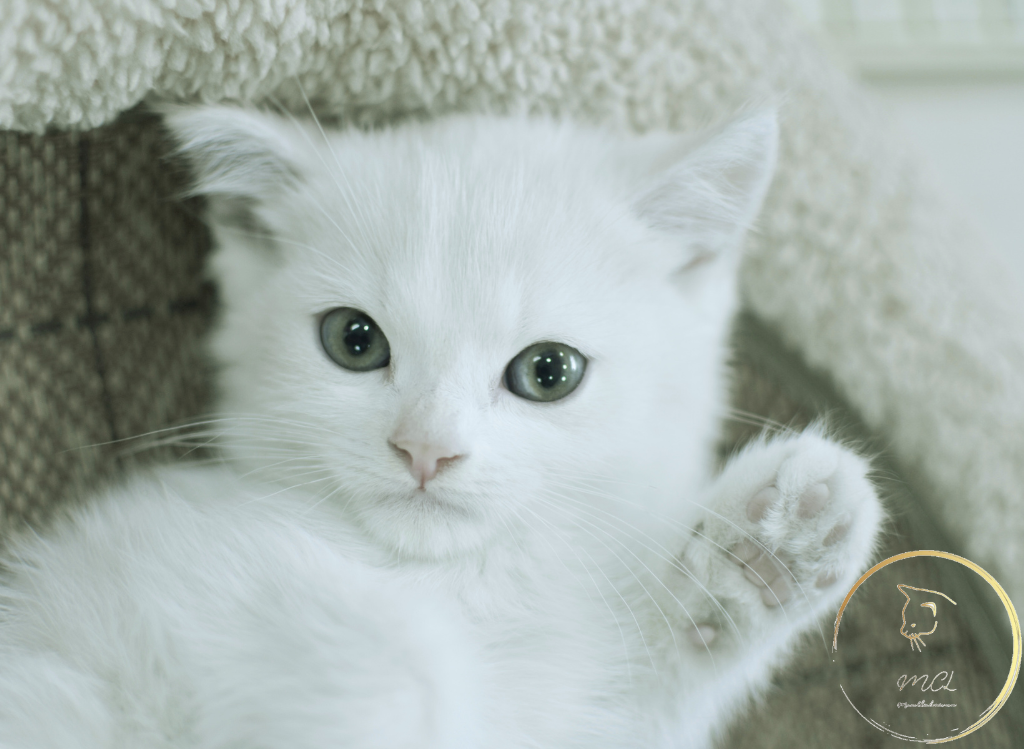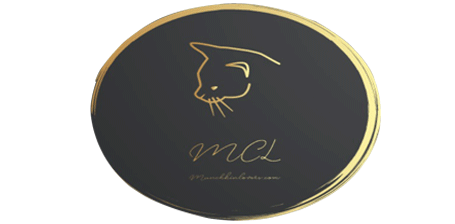Many cat lovers have a special place in their hearts for Munchkin cats when it comes to feline friends. These little cats have garnered fans all around the world because of their short legs and jovial attitudes. However, Munchkin cats are not immune to health issues, just like any other cat breed.
In this thorough guide, we’ll examine the various Munchkin cats health problems that Munchkin cats may experience and offer helpful advice to help safeguard their well-being. So grab a seat and get ready to learn more about Munchkin cats health problems!
Special Munchkin Cats Health Problems

Munchkin cats fascinate us with their charm, from their charming appearance to their energetic personality. Their distinctively tiny legs, however, are the result of a genetic abnormality that may cause a number of health problems.
Let’s examine the particular Munchkin Cats Health Problems:
Joint Problems and Mobility Issues
Osteoarthritis
Munchkin cats may be more susceptible to developing osteoarthritis because of their short legs and altered skeletal structure.
This degenerative joint disease can make moving around uncomfortable and difficult.
In addition to joint supplements suggested by a veterinarian, providing them with a comfortable and accessible environment can help manage this illness.
Hypertrophic Cardiomyopathy (HCM):
Munchkin cats are susceptible to HCM, as are many other cat breeds.
This widespread and potentially fatal heart condition affects the heart’s muscular wall.
Maintaining a heart-healthy diet and scheduling routine veterinary exams can help control this problem.
Spinal Issues and Back Problems
Lordosis
Lordosis, which is characterized by an abnormal inward curvature of the spine, may be more common in Munchkin cats.
Even though not all Munchkin cats experience this disease, it’s crucial to keep an eye on how they move and stand. For the early detection and control of lordosis, regular veterinarian examinations are crucial.
Intervertebral Disc Disease (IVDD)
Munchkin cats are more prone to intervertebral disc disease (IVDD), an illness that damages the discs in the spine between the vertebrae.
Pain, nerve damage, and movement problems may result from this. IVDD risk can be reduced by maintaining a healthy weight in your Munchkin cat and giving them the right amount of exercise.
Gastrointestinal and Respiratory Issues and Munchkin Cats Health Problems
Megacolon
Megacolon, a disorder marked by an oversized and dysfunctional colon, may be predisposed to in some Munchkin cats. This might result in persistent constipation and need continuing therapy, which may include dietary changes and veterinary medicine.
Brachycephalic Airway Syndrome
Munchkin cats may be predisposed to brachycephalic airway syndrome due to their short muzzles and compact facial structures.
Snoring, trouble breathing, and decreased tolerance for exertion are all potential effects of this illness. Respiratory stress can be lessened by providing a well-ventilated environment and avoiding high temperatures.

Conclusion:
Munchkin cats’ distinctive looks and fun personalities enrich our lives and make us happy. However, because of their genetic composition, it’s important to be aware of any potential health issues that these gorgeous felines could experience.
We can make sure that our Munchkin companions enjoy healthy, happy lives by being aware of the particular difficulties Munchkin cats experience, taking preventative action, and giving them the attention they need.
Remember that maintaining the health of these endearing little felines requires frequent veterinary examinations, healthy food, exercise, and an atmosphere that is cat-friendly. Therefore, cherish the love and happiness your Munchkin cat brings into your home while accepting the duty of providing for them.
FAQs about Munchkin Cats Health Problems
Which Munchkin cats health problems are frequently seen?
Though not all Munchkin cats will definitely have these problems, they can be predisposed to certain health problems. Spinal abnormalities, musculoskeletal difficulties, and probable respiratory and cardiac troubles are some of the common health issues afflicting Munchkin cats.
Do Munchkin cats’ small legs make them more vulnerable to spinal problems?
Due to a hereditary mutation, Munchkin cats have tiny legs, but this does not necessarily make them more prone to spinal problems. Munchkin cats can still live healthy lives without experiencing Munchkin cats health problems, despite the possibility that their short legs may damage the structure of their spine. Their spinal health can be monitored with recurring veterinary exams.
Are there any mobility or movement issues with Munchkin cats?
Munchkin cats normally don’t have any movement or mobility issues. They can walk and jump with ease despite having small legs because they have adjusted to their particular physical type. To avoid any potential mobility problems, it is crucial to provide them with the right exercise and make sure they keep a healthy weight. So that Munchkin cats health problems be avoided.
Are Munchkin cats more likely to get arthritis?
As with other cat breeds, munchkin cats can get arthritis as they age. Even while their small legs may not be a direct cause of arthritis, the ailment still has a chance of developing because of things like ageing, fat, or hereditary susceptibility. The risk can be reduced by keeping their weight within a healthy range and giving them the right joint support. So that Munchkin cats health problems be avoided.
Is it accurate to say that Munchkin cats frequently get back pain?
Munchkin cats may not experience back problems as frequently as other cat breeds. However, they can get back pain from accidents, strains, or underlying medical conditions, just like any cat. It’s crucial to visit a veterinarian for a proper evaluation and suitable treatment if you see any indications of discomfort or pain. So that Munchkin cats health problems be avoided.
Are Munchkin cats susceptible to respiratory issues?
There are no specific respiratory issues unique to Munchkin cats that can be linked to the breed. They might, however, still be prone to illnesses or respiratory infections that can affect any cat. It is essential to give cats a clean, stress-free environment to maintain the health of their respiratory system. So that Munchkin cats health problems be avoided.
Are Munchkin cats predisposed to any particular eye conditions?
There are no documented eye disorders that Munchkin cats are more likely to develop than other cat breeds. However, they are susceptible to developing common eye disorders like conjunctivitis or corneal ulcers, just like any cat. A veterinarian can detect and treat any potential eye issues with routine eye exams.
Are Munchkin cats susceptible to cardiac problems?
Compared to other cat breeds, Munchkin cats do not have an increased risk of heart-related problems. They can, however, get heart diseases such as hypertrophic cardiomyopathy, just like any cat. Regular veterinary examinations, which should include cardiac tests, will assist keep an eye on their heart health. So that Munchkin cats health problems be avoided.
Are Munchkin cats known to experience any stomach issues?
There are no recognised digestive issues unique to the breed of munchkin cats. However, they can suffer from digestive difficulties like food allergies, gastrointestinal diseases, or issues with hairballs just like any cat. Their digestive health can be preserved by giving them a balanced diet, taking care of any dietary allergies, and treating any digestive issues. So that Munchkin cats health problems be avoided.
Are Munchkin cats more likely to get overweight?
Unlike other cat breeds, Munchkin cats do not always have an increased risk of becoming obese. However, because of their lower stature, they could more readily appear to be overweight. To avoid obesity and keep a healthy weight, it’s essential to give them a well-balanced diet, sensible portion sizes, and regular exercise. So that Munchkin cats health problems be avoided.

Pingback: Top 5 Reasons Munchkin Cats Are Perfect Apartment Pets